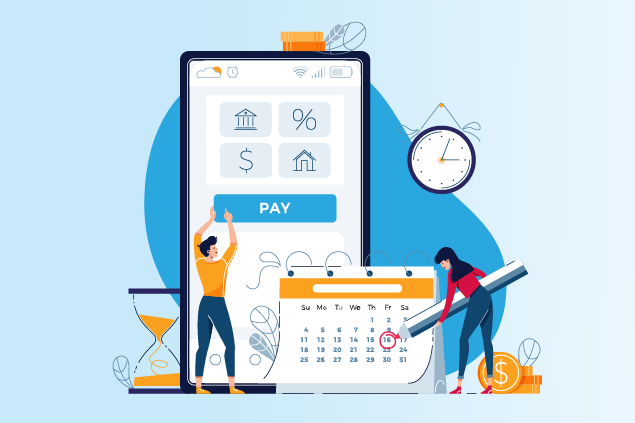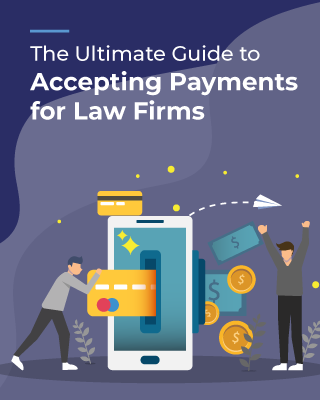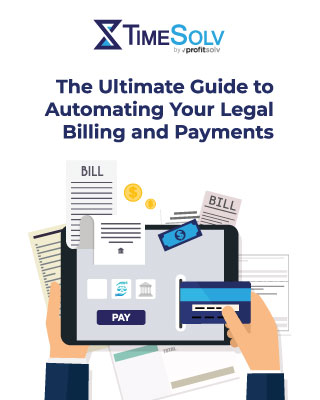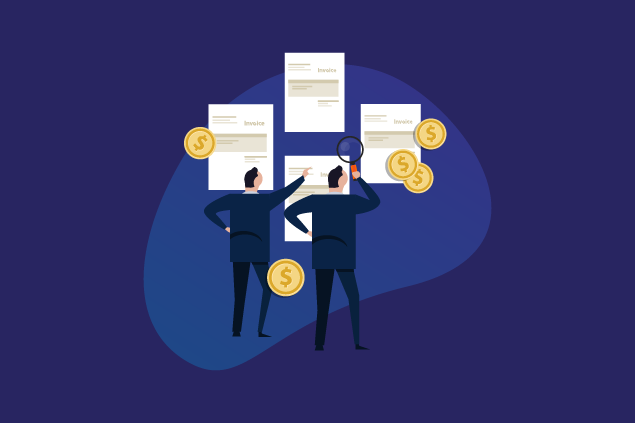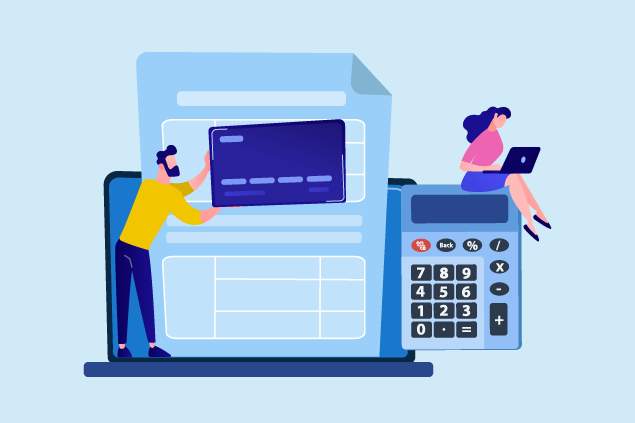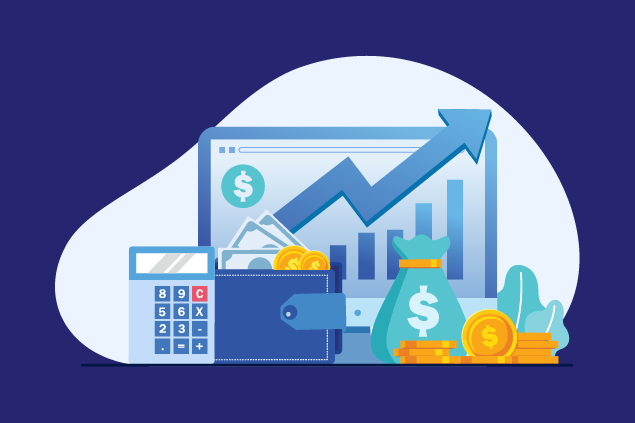Seventy percent of clients want law firms to offer a payment plan. While this payment model makes legal counsel accessible to many people, it doesn’t always work the way it should, as it often results in missed payments.
Sometimes, those missed payments are due to administrative errors. Other times, they may happen because your clients face a roadblock to paying on time.
Either way, missed payments can be challenging for your business, potentially resulting in lost revenue and time as your team chases down invoices and payments.
Fortunately, there’s a better solution: recurring payments. Discover how recurring payments work and the benefits they can bring to your entire team.
How Do Recurring Payments Work?
Though they’re technically a different payment model, recurring payments work like a subscription fee. Instead of manually sending out invoices to clients each month and waiting for clients to pay, your firm can use a time and billing software platform to deduct regular payments from the client’s preferred account automatically.
Unlike invoicing, your office works with the client to set up this agreement once, and recurring payments continue to run according to your specified schedule without worry or interference.
You simply present payment options to the client, fully communicate all relevant terms, set up the recurring payment with your software platform, and prepare to reap the benefits.
The Ultimate Guide to Automating Your Legal Billing and Payments
To stay competitive in today’s legal landscape, law firms must embrace the power of technology, especially when it comes to billing and payments.
The best way to improve your law firm’s cash flow while also increasing client convenience is 'Automation'.
Download our free guide to improve your legal billing and payment process today!
The Benefits of Recurring Payments
Weathering the ups and downs of your law firm’s cash flow can be stressful, but you can create a climate of consistent income for your practice when you use recurring payments.
Recurring payments benefit your clients because they effectively allow you to alleviate the stress of remembering to pay another bill. However, the benefits to your practice are just as substantial. Here are a few of the most notable.
Steady Cash Flow
Payment plans are simple in theory—a bill arrives via email or postal mail around the same time every month, and clients pay it using one of your firm’s available methods.
Unfortunately, this scenario doesn’t always match reality. When clients don’t pay, it puts your practice in financial jeopardy, halting your cash flow and creating late fees for the client.
Recurring payments can solve this problem quicker than you might think. Automated payments are more difficult for clients to miss, so your firm’s on-time payment rate will likely increase. As a result, you’ll stabilize your cash flow, get closer to achieving zero AR, and make revenue more predictable.
Increased Client Retention
Almost 80% of U.S. workers live paycheck to paycheck. For many, payment plans are necessary to obtain legal services. When you provide this option, you’re showing consideration for and building trust with your clients.
Unfortunately, missed payments can negatively impact the attorney-client relationship, shifting the focus to financial matters instead of the benefits of your services.
Recurring payments have the opposite effect, reducing the client’s focus on billing and payments and allowing them to preserve their positive relationship with your firm. Ultimately, this helps your firm retain more clients and increase revenue.
Reduced Administrative Burden
Recurring payments reduce the burden on your administrative team by removing the need to:
- Generate and send individual invoices to each client
- Continually follow up with clients about their overdue payments
- Charge late fees
- Send large numbers of accounts to collections
Instead, when you set up recurring payments through your time and billing software, you achieve the freedom to focus on providing legal services, and your staff can once again spend their valuable time and energy on helping clients resolve their legal concerns.
Increased Payment Security
Regulatory compliance must remain top of mind for your firm—your ability to provide legal services to your clients depends on it. Regarding billing practices, this responsibility encompasses two main concerns.
First, you must ensure that your online payment practices comply with all data storage security regulations, including the Payment Card Industry Data Security Standard (PCI DSS). You must also ensure each payment lands in the right place and that there’s no commingling of funds between client trust and operating accounts.
However, using a legal-specific payment processor allows you to meet these critical criteria while maintaining peace of mind about payment security and regulatory compliance.
Better Revenue Forecasting
When you invoice clients manually, you have no idea what to expect when the payment deadline arrives.
You can’t always be sure how many people will pay on time or when and whether those who haven’t paid their invoices will do so. As a result, your revenue may become inconsistent and unpredictable, making it difficult to make any concrete business decisions for your firm.
Recurring payments stabilize your firm’s revenue. When you can better predict when and how much money will be coming in, you can improve revenue forecasting, confidently raise capital for business ventures, and attract and hire the best legal talent for your firm.
Suddenly, your business becomes much more scalable, and you’ll have what you need to grow without worrying about the future.
Increase your revenue with recurring payments from TimeSolv
When done with care and client convenience in mind, setting up recurring payments can create long-term success for your law firm and help you increase your revenue.
If you plan to start using recurring payments, your firm must partner with a time and billing software platform designed to meet the unique needs of legal businesses. TimeSolvPay includes many features to help you set up recurring billing in just a few clicks.
With our user-friendly solution, you can quickly configure scheduled payments with a payment method on file, preview or edit the client’s payment arrangement details, pause the payment when necessary, and view payment history—including unsuccessful transactions—anytime.
If your team needs help at any stage of the process, you can contact our hands-on support agents, many of whom have extensive experience in legal billing.
Start your free trial today and enjoy the advantages of a solution designed to help you create convenience for your clients without sacrificing cash flow.
The Ultimate Guide to Automating Your Legal Billing and Payments
To stay competitive in today’s legal landscape, law firms must embrace the power of technology, especially when it comes to billing and payments.
The best way to improve your law firm’s cash flow while also increasing client convenience is 'Automation'.
Download our free guide to improve your legal billing and payment process today!

